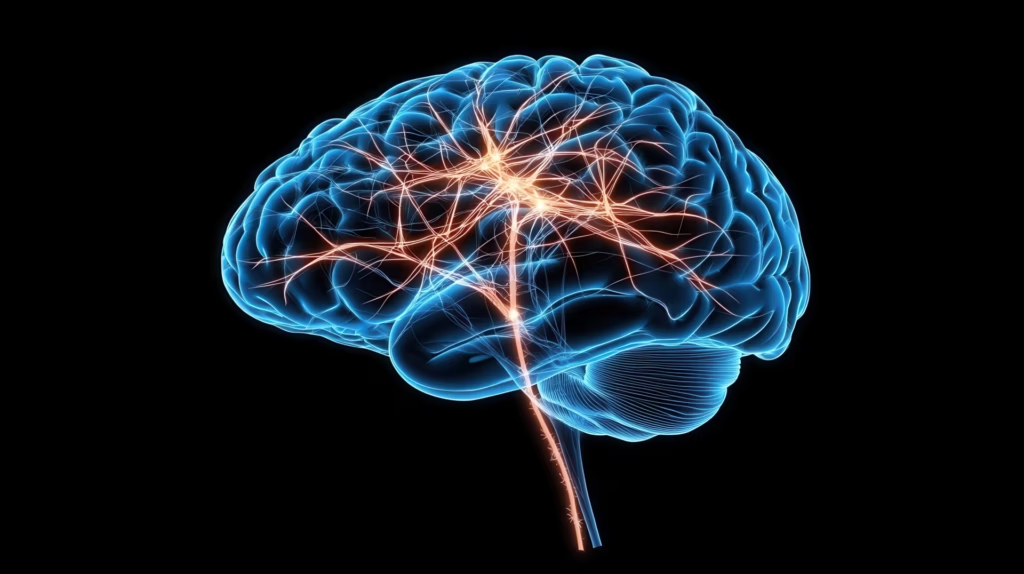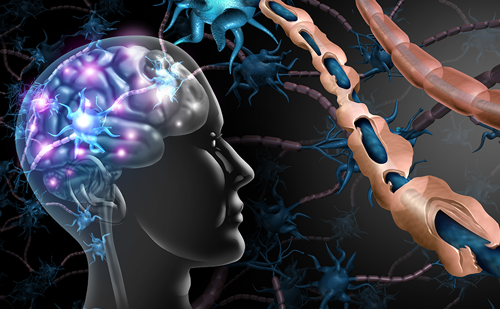Search Results
Showing Results for neurofilament light

Emerging data at EAN 2025 reveals key innovations across multiple neurological disease areas. In this article, you will learn:

At EAN 2025, Prof. K. Ray Chaudhuri shares insights into cutting-edge Parkinson's drug delivery methods, the future of biomarker-driven care, advances in managing sleep disturbances, and the vital role of lifestyle modifications in optimizing patient outcomes.

In this episode of Visionary Voices, Dr Anthony Caggiano, Chief Medical Officer at Cognition Therapeutics, joins us to explore how biomarkers are transforming our understanding of Alzheimer’s disease, from diagnosis and disease progression to drug development and the future of clinical care.

Amyotrophic lateral sclerosis (ALS) is a neurodegenerative disorder of upper and lower motor neurons that results in progressive motor impairment. ALS is the most common disease of motor neurons with an annual incidence of approximately 1.7–2.5 per 100,000 people. It is a ...

n this interview, we speak with Dr Anthony Caggiano, Chief Medical Officer and Head of R&D at Cognition Therapeutics, and Lisa Ricciardi, the company’s Chief Executive Officer. They discuss the design and findings of the phase II SHINE trial evaluating zervimesine (CT-1812) in mild to moderate Alzheimer’s disease, including important biomarker and clinical insights presented at recent international conferences. They also reflect on promising data from a study in dementia with Lewy bodies (DLB) and how these results are shaping the company’s next steps.

Amyotrophic lateral sclerosis (ALS) is characterized by the degeneration of both upper and lower motor neurons, which ultimately leads to muscle weakness, atrophy, spasticity and contractures.1 ALS typically manifests in the 50–60 years age range, although familial cases may present in ...

Welcome to the latest edition of touchREVIEWS in Neurology. We are excited to present a collection of articles that showcase the latest advancements and diverse perspectives in neurological research and treatment. This issue features insightful reviews and editorials from esteemed ...

Neuromyelitis optica spectrum disorders (NMOSD) are a group of relapsing autoimmune diseases of the central nervous system. The clinical hallmarks of NMOSD are myelitis and optic neuritis; however, a wider clinical spectrum has been recognized.1 The majority of patients with ...

Multiple sclerosis (MS) is a complex disease that can pose significant challenges in diagnosis, monitoring and treatment. Over the years, the quest for more precise and accessible diagnostic tools has led to the exploration of different fluid biomarkers in cerebrospinal ...

Serum neurofilament light chain (sNfL) levels in MS are associated with inflammatory activity and less clearly with disability. In this touchNEUROLOGY interview, we caught up with Dr Georgina Arrambide (Cemcat, Vall d´Hebron University Hospital, Barcelona, Spain) to discuss the ...

Although disease-modifying therapies have been the primary focus of multiple sclerosis (MS) treatment during the past two decades, there is increasing awareness of the importance of treating patients holistically, paying attention to functional comorbidities and addressing mood and cognition. In ...

Paediatric-onset multiple sclerosis (POMS) is the symptom onset and diagnosis of multiple sclerosis (MS) before the age of 18.1 Diagnostic criteria were revised by the International Pediatric MS Study Group in 2013. Compared to patients with adult-onset MS (AOMS), young patients are ...

Lecanemab (BAN2401) is an amyloid-targeting monoclonal antibody currently in phase III clinical trials for prevention of Alzheimer’s disease (AD) in the AHEAD 3-45 study (ClinicalTrials.gov Identifier: NCT04468659)1 and for the treatment of early AD (mild cognitive impairment [MCI] ...

Multiple sclerosis (MS) has traditionally been considered a primarily T-cell-mediated autoimmune disease of the central nervous system (CNS); this is based on data from animal models,1 the presence of activated T lymphocytes in MS plaques that outnumber B cells and ...

The burdens of Parkinson’s disease (PD) are undeniably serious and increasing while various unmet needs remain, especially the absence of disease-modifying therapies and the difficulty of finding new treatments that are effective in patients.1–7 Although this seems a discouraging ...

The number of people living with Alzheimer’s disease is increasing in our aging population,1 highlighting the need for improved diagnostic criteria to identify the disease before the onset of dementia. Both positron-emission tomography (PET) imaging and cerebrospinal fluid (CSF) ...
Latest articles videos and clinical updates - straight to your inbox
Log into your Touch Account
Earn and track your CME credits on the go, save articles for later, and follow the latest congress coverage.
Register now for FREE Access
Register for free to hear about the latest expert-led education, peer-reviewed articles, conference highlights, and innovative CME activities.
Sign up with an Email
Or use a Social Account.
This Functionality is for
Members Only
Explore the latest in medical education and stay current in your field. Create a free account to track your learning.



